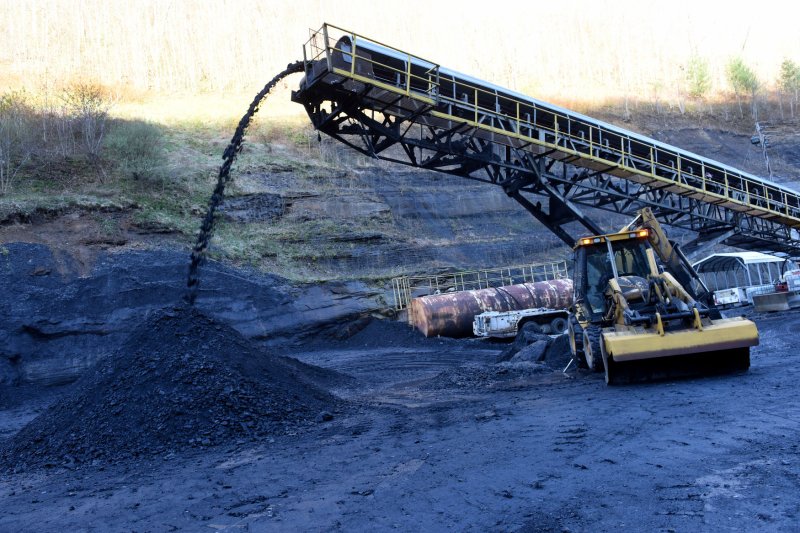April 25 (UPI) -- There's no certain long-term future for coal as a power source given the shift toward low-carbon options, but that's not the case near-term, a U.N. agency said.
Coal accounts for about 30 percent of total energy used globally and about 40 percent of total electricity generation. Among fossil fuels, natural gas is a cleaner option when compared to oil or coal.
The International Energy Agency said global energy demand growth increased last year by 2.1 percent from 2016. Renewable forms of fuel, meanwhile, met about 25 percent of global energy demand growth. For electricity-generation, renewables increased 6.3 percent from 2016, the fastest rate for any type of fuel.
U.N. researchers at a commodities forum in Geneva recognized, however, that fossil fuels are necessary even as major economies shift toward cleaner options.
Xunpeng Shi, a researcher at the Australia-China Relations Institute of the University of Technology Sydney, said the long-term future for coal shows clear and significant declines in usage.
"But if you look at a decade, the next two, three decades, that will not be the case, unfortunately," he said in a statement.
The International Energy Agency said coal consumption declined by about 2 percent from 2016 and down 4.2 percent over the last two years or so. While use is in the midst of a decade-long period of decline, demand by 2022 will be about the same as the current five-year average.
China accounted for about 80 percent of the growth in natural gas consumption as its economy shifts to cleaner-burning fuels. The rest of Asia contributed to a 1 percent gain in coal demand, an about-face from declines seen over the last two years. In the United States, coal production is on pace to decline 5 percent this year, but increase 1 percent next year. U.S. coal exports, meanwhile, increased 61 percent last year, but should decline over the next two years.
"There are numerous energy outlooks and all project that renewable energy will be on the rise in terms of share," Shi said. "However, when we look at the short- to middle-term outlooks, and here I'm talking about 2040, in most cases fossil fuels will still be there."















